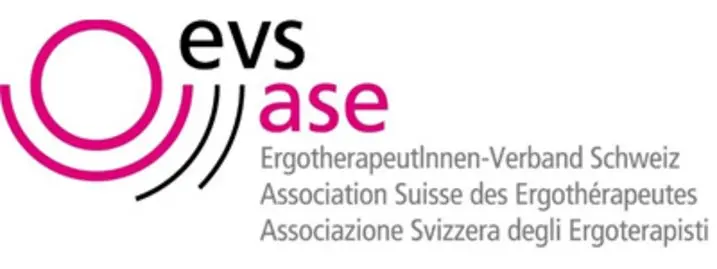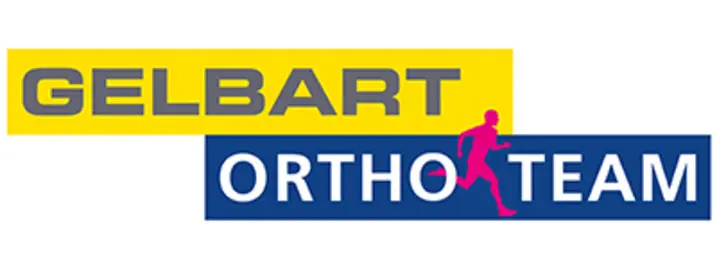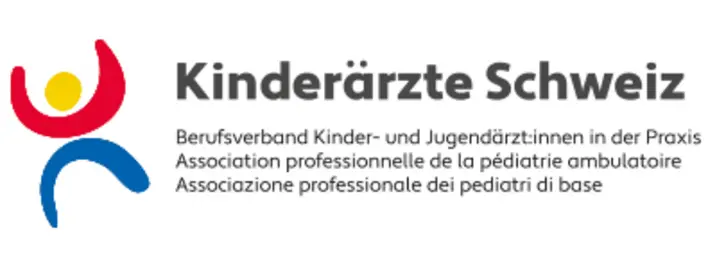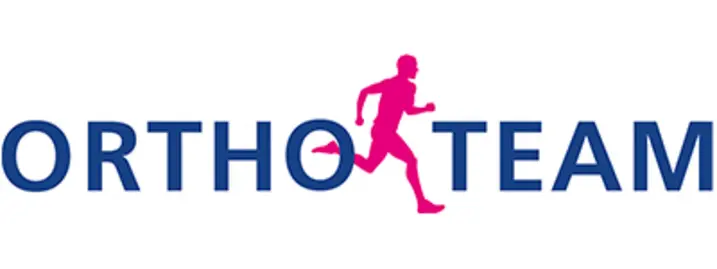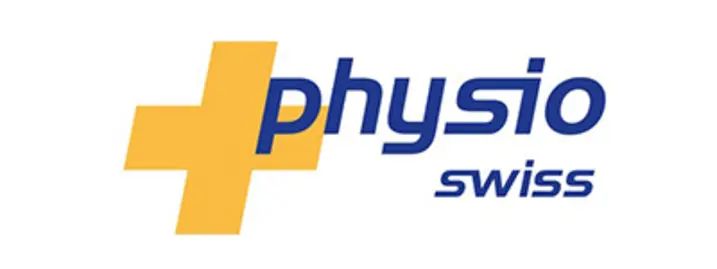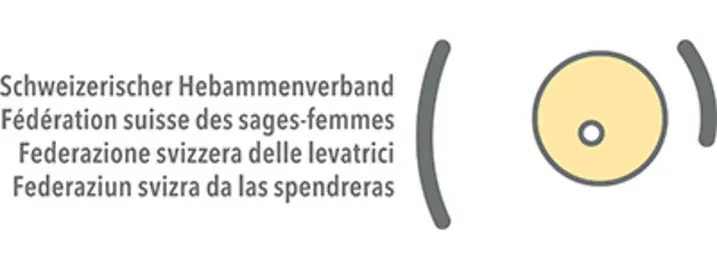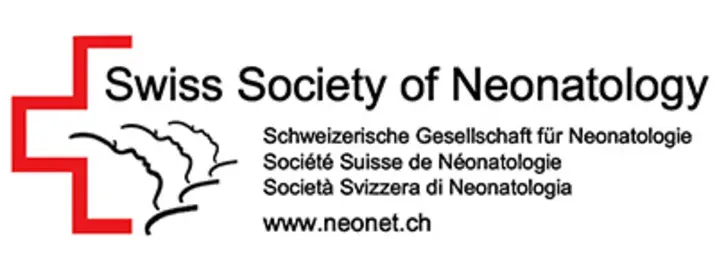COPCA®
This webpage introduces you to COPCA® and the benefits of the family-centred, early intervention programme.
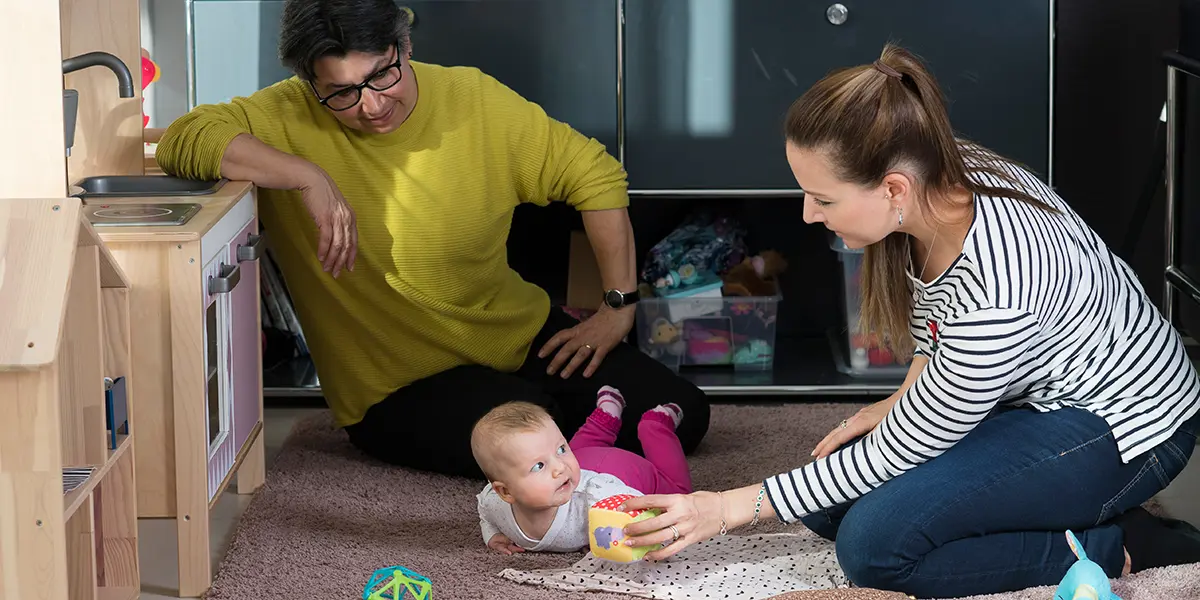
About COPCA®
COPCA® stands for «COPing with and CAring for Infants with Special Needs». The early intervention programme for infants and young children focuses on the active inclusion of the whole family. The coaching of parents is a central component. Parents learn how they can independently and optimally support their child’s development as part of the child’s everyday life. The programme was developed at the beginning of the 2000s in the Netherlands by child physiotherapist Tineke Dirks and professor of developmental neurology Mijna Hadders-Algra. It was successfully introduced in Switzerland in 2015. The training and certification programme follows a two-year cycle.
Interview about the development of the COPCA® programme

COPCA®`s Network Partners
For physiotherapists and occupational therapists
As a physiotherapists or occupational therapists with a COPCA® certificate, you will be able to offer the COPCA® programme to your young patients and their families. You will provide support and actively involve the family in encouraging the development of their child.
The COPCA® approach
The family-centered early intervention programme is based on the two key components of family and development. The family plays a leading role as an active partner in the family-centered practice and is involved in the complete intervention process as an equal partner. In terms of the development of the child, COPCA® follows the thinking of the Neuronal Group Selection Theory. As such, trial-and-error experience is emphasized as a means to encourage the child to active and varied motor behavior.
- Defining goals
The COPCA® programme aims to empower family members, particularly parents and siblings, to autonomously stimulate their child during everyday activities. Coaching family members is a central component of the programme in achieving this goal. Parents, and also siblings, take on an active role. They stimulate the child with impaired functionality to active motor behavior by means of routine everyday activities.
- Location of coaching sessions
Whenever possible, COPCA® should take place in the everyday surroundings of the family. When a child actively explores its own, real-world environment, motor learning results. Examples of everyday routines are playing, bath time or eating. The optimal environment for early intervention are therefore child-focused surroundings that encourage activity in the everyday environment.
Best practice and evidence
It is universally recognized that infants with a developmental risk require early intervention designed to optimize their development and to support the well-being of the child’s family.
Important components of early intervention are:
- Involvement of the family
- Goal-orientated intervention
- Stimulation for the infant so that he or she explores, experiments and learns from trial-and-error experiences
- Minimizing hands-on techniques
- Use of an enriched environment, that is, use of different toys, tasks and positions
- Early introduction of aids, when appropriate
The COPCA® approach is one of coaching, designed to support the well-being and autonomy of the family. Parents stay in their role as parents and do not assume the role of therapist. This means that the goals of the families and the children are more achievable in the long-term, for example, the development of the child, participation of the child and the family and the well-being of all family members.
Current research
A recent study has shown that children with neurological abnormalities, who had taken part in a COPCA® programme with their families, achieved significantly more varied motor behavior than children who received traditional infant therapy. In addition, the children reached their motor developmental milestones far earlier. Studies of children with cerebral movement disorders verify that the two components of «parent coaching» and «stimulating the child» are associated with self-produced motor activity, better motor development and an improvement in the quality of life for the whole family.
Standardized assessments
Regular assessments guarantee the quality of the COPCA® programme. The following assessments are performed by certified COPCA® therapists:
- Infant Motor Profile (IMP)
- Goal Attainment Scale (PDF 406 kB)
- Questionnaire on family outcomes
Publications and journals for physiotherapists and occupational therapists
Videos about the COPCA® programme
Frequently Asked Questions (FAQ)
COPCA® Licence Partner
- Germany
- Israel
- Lithuania
- Spain
The following might also be of interest to you
For doctors
Here we explore the physicians’ perspective of the COCPA® and familiarize you with the benefits of the programme for your patients.
The COPCA® approach
The COPCA® programme has been developed for children with impaired motor functionality, such as children with an elevated risk of cerebral movement impairment, preterm children or children with genetic syndromes.
The programme combines three key elements:
- Principles of motor learning
- Family-centered practice
- Best practice in early intervention
Family members are equal and active partners in the intervention process. They are coached by registered COPCA® coaches to stimulate their child’s motor development through everyday routines, such as playing, bath time or eating. COPCA® is scientifically proven to be a long-lasting intervention for families with infants or young children with impaired functionality.
- Location of coaching sessions
The COPCA® programme takes place in the home environment of the family. When a child actively explores its own, real-world environment, motor learning results. An enriched home environment is therefore the optimal environment for early intervention. In addition, therapy at home is less stressful for the child and family, benefiting both the development of the child and the well-being of the whole family.
- Providers
Certified COPCA® coaches carry out the family-centered intervention. The trained physiotherapists or occupational therapists are pediatric specialists who have acquired the knowledge and certification to provide COPCA® coaching through an auxiliary COPCA® continuing education course.
- Financing
The COPCA® programme is a physiotherapeutic or occupational intervention and can be prescribed as pediatric physiotherapy.
Best practice and evidence
It is universally recognized that infants with a developmental risk require early intervention to optimize their development and to support the well-being of the family.
Important components of early intervention are:
- Involvement of the family
- Goal-orientated intervention
- Stimulation for the infant so he or she explores and experiments, and learns through trial-and-error experiences
- Minimising of hands-on techniques
- Application of the concept of the enriched environment, that is, use of different toys, tasks and positions
- Early introduction of aids, when appropriate
The COPCA® approach is one of coaching, designed to support the well-being and autonomy of the family. Parents stay in their role as parents and do not assume the role of therapist. This means that the goals of the families and the children are more achievable in the long-term, for example, the development of the child, participation of the child and the family and the well-being of all family members.
Current research
A recent study has shown that children with neurological abnormalities who had taken part in a COPCA® programme with their families achieved significantly more varied motor behavior than children who received traditional infant therapy. In addition, the children achieved their motor developmental milestones far earlier. Studies of children with cerebral movement disorders verify that the two components of «parent coaching» and «stimulating the child» are associated with self-produced motor activity, better motor development and an improvement in the quality of life for the whole family.
Standardized assessments
Regular assessments guarantee the quality of the COPCA® programme. The following assessments are carried out by certified COPCA® coaches:
- Infant Motor Profile (IMP)
- Goal Attainment Scale (PDF 406 kB)
- Questionnaire on family outcomes
Publications and journals for doctors
Frequently Asked Questions (FAQ)

For parents
We would like to tell you about the COPCA® programme and how COPCA® can support you and your child in the motor development of your child in daily life.
The COPCA® approach
The COPCA® programme is suitable for you as a family with a young child whose development is compromised or who is showing developmental impairment. This could be, for example, children with an elevated risk of cerebral movement disorder, preterm children, or children with genetic syndromes.
At the center of the therapy is the whole family. A certified COPCA® coach will show you the best way of supporting your child’s development in everyday routines, such as playing, bath time or eating, and stimulate your child to active movement. The tasks of a certified COPCA® coach are:
- To support your family as a coach
- To define goals together with you for your child and your family
- To explain the principles of development stimulation
- To support you in how best to translate these principles into your daily life for the well-being of your child.
- Application in the home environment
Ideally, the COPCA® programme should take place in your home. This is so that you and your child are in familiar surroundings. At the start of every therapy session, there is an exchange with your COPCA® coach to decide on the session goal. You will be accompanied and supported by your COPCA® coach as you carry out your daily routines. At the end of each session, you reflect on the session with your COPCA® coach and chat about what worked best. In addition, you decide which development stimulating activities you would like to carry out autonomously with your child until the next therapy session.
- Duration of the COPCA® programme
The duration of the therapy is decided according to individual needs and depends on the clinical profile, the home environment and other factors.
- Duration of one therapy session
As a rule, one therapy session is about 45 minutes.
